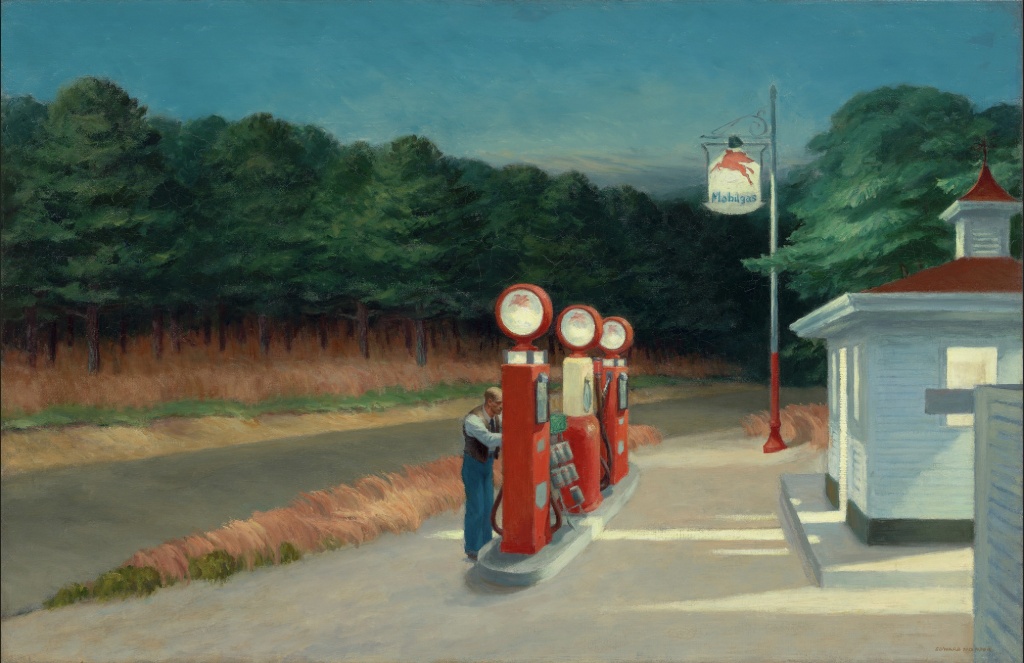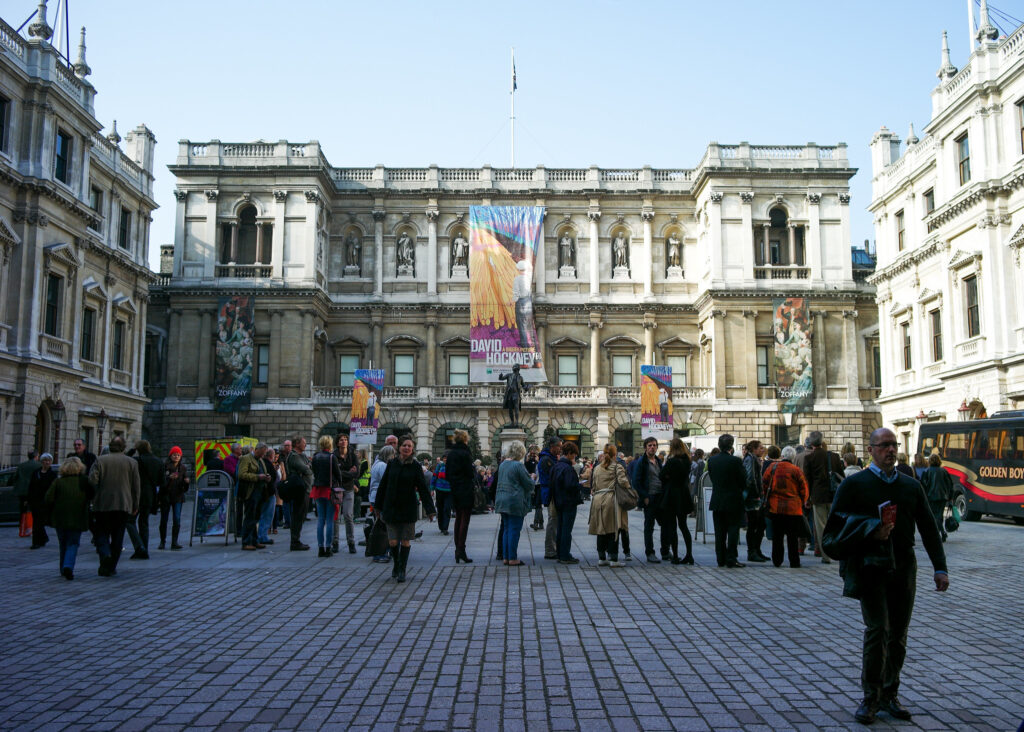Quote of the Day
”A woman reading Playboy feels a little like a Jew reading a Nazi manual.”
- Gloria Steinem
(Note for younger readers: Playboy was a magazine, now defunct, founded by Hugh Hefner in 1953 with the aim of making soft porn respectable. It was a great commercial success for a while, but its last issue was Spring 2020. NYmag had a good, and judicious essay marking its demise.)
Musical alternative to the morning’s radio news
Handel | Where’er you walk | Kenneth McKellar | Orchestra of the Royal Opera House conducted by Adrian Boult
This what I would sing in the bath. If I could sing.
Long Read of the Day
Will China invade Taiwan?
A panel of so-called ‘superforecasters’ considers the likelihood of an imminent global conflict.
Interesting piece by Tom Chivers. As some readers know, I have deep forebodings about Taiwan’s future — and not just because I’ve been reading 2034: a novel of the next World War.
Just this week, a Chinese magazine published a video showing a simulation of a ballistic missile attack on Taiwan, disabling its defences ahead of an invasion. A week before, China sent 28 warplanes, including nuclear-capable bombers, into the air defence zone around Taiwan. At the same time, the Chinese leader Xi Jinping gave a speech promising to “utterly defeat any attempt toward ‘Taiwan independence’.”
The US is an ally of Taiwan’s; it would be expected to defend it, should China attempt to invade. But just as in Korea, two-thirds of a century ago, the question is: would it? And will China invade?
So the question was put to six people who have a track record of being good forecasters.
Read on.
Biden is drafting an Executive Order to promote a ‘Right to Repair’
This is really interesting.
On Tuesday, the White House Press Secretary Jen Psaki revealed President Biden is preparing an executive order on “competition.” At the same time, the Biden administration has directed the US Department of Agriculture to develop new rules that’ll grant farmers the “right to repair their own equipment how they like.”
According to Bloomberg, the upcoming executive order will also direct the Federal Trade Commission to craft new rules to stop manufacturers, including phone makers, from imposing onerous repair restrictions on their products.
The news represents a significant win for Right to Repair advocates. For years now, the movement has been calling on electronics vendors, including Apple, to make their products easier to fix, citing the benefits to consumers and to the environment. However, many consumers must instead go through official repair services from the tech companies, which can cost more.
I wrote about this four years ago, and our new research Centre is returning to the issue now by exploring user-repairable and upgradeable smartphones like the Fairphone.
There are at least two things going on here. One is the increasingly intrusive push by companies for continuing control over their digital products long after the customer has paid to ‘own’ them. (That’s the John Deere and Amazon Kindle philosophy.)
The other is the pernicious way incessant technological advance combines with the marketing strategy of planned obsolescence to push consumers into ceaseless updating. The smartphone market is the most notable example of this, but lots of other tech-related outfits do it too.
Tyler Cowen’s ideal university
This Bloomberg column of his is predictably provocative.
I would start with what I expect students to know. They should be able to write very well, have a basic understanding of economics and public policy, and a decent working knowledge of statistical reasoning. I would give a degree to students who demonstrated “B-grade” competence in all of these areas; what now goes for passing C-minus work wouldn’t cut it.
Most important, the people who write and grade the students’ tests would not be their instructors. So students would have to acquire a genuine general knowledge base, not just memorize what is supposed to be on the exam.
His ideal school would dispense with assistant deans, student affairs staff and sports teams. (I’m with him all the way here.) The focus would be on paying more money to the better teachers. Students would have the option of living on campus but not be required to do so.
Instructors would not have tenure, but would have to compete for students — by offering them classes and services that would help them graduate and improve the quality of their certification pages. Teachers would be compensated on the basis of how many students they could attract, in a manner suggested long ago by Adam Smith, who himself lived under such a system in 18th-century Scotland.
The very best instructors could earn $300,000 to $400,000 a year. They might attract students through their research, or with their active online presence, or even by helping students negotiate online courses from other institutions; the students themselves would judge the efficacy of those investments. Faculty would also be paid for mentoring students, as each student would choose a small circle of advisers to serve as guides to the system.
Don’t try recommending this in an Ivy League Faculty Club.
Other, hopefully interesting, links
- Christ in the Age of Mechanical Reproduction Where is Walter Benjamin when you need him? Link.
- How I Saved Enough to Buy a House With My Parents’ Money By Eli Grober. Link
This blog is also available as a daily email. If you think this might suit you better, why not subscribe? One email a day, Monday through Friday, delivered to your inbox at 7am UK time. It’s free, and there’s a one-click unsubscribe if you decide that your inbox is full enough already!






